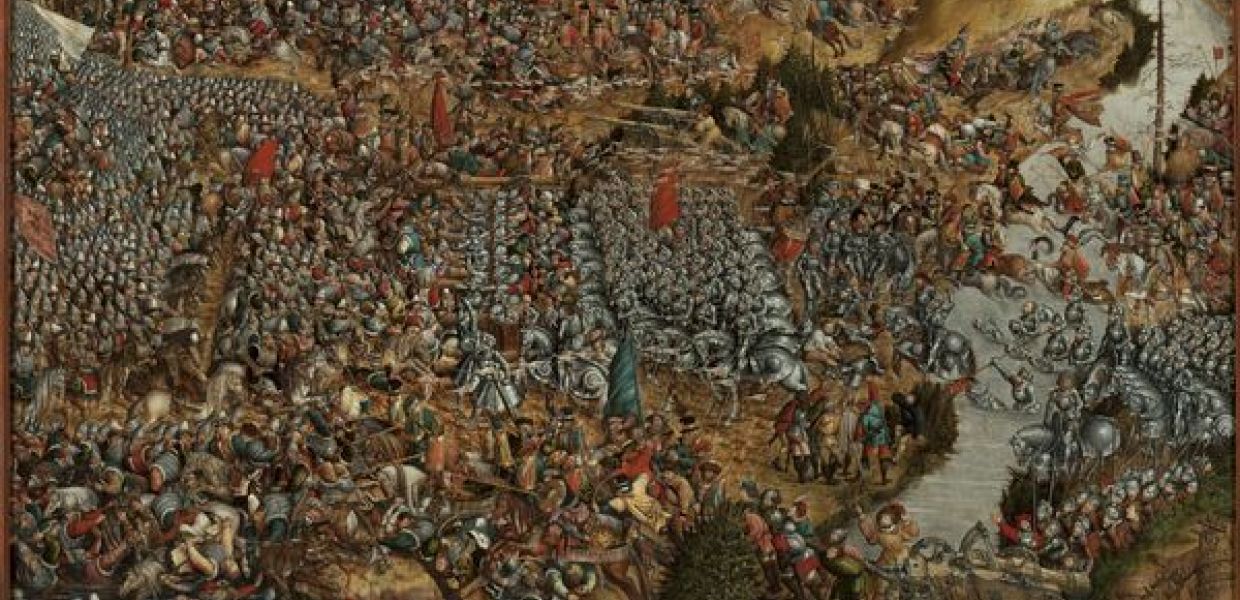Meet the Members Council: Marcin Werla

Hi! My name is Marcin Werla and I currently lead the Digital Libraries and Knowledge Platforms Department at the Poznań Supercomputing and Networking Center (PSNC) located in Poznań, Poland. My adventure with digital libraries began in Autumn 2002, when I started to work at the PSNC as software engineer as part of a team developing software platform for Digital Library of Wielkopolska. At that time, it was one of the first Polish digital libraries, and the first one created by a regional consortium (of, in this case, academic libraries). We even attracted the attention of a local TV crew who were making news about the first thousand publications made available online!
Cooperation is better than competition
In this project PSNC, with its mission to integrate and develop IT infrastructure for science, cooperated closely with the local community of memory institutions to develop a flexible digital library framework. We wanted to have something that could be re-used to implement the cooperative model of shared infrastructure for opening culture in other regions and cities of Poland.
Using terms that have since become popular, I could say that what we were working on constituted a regional cloud, allowing aggregation of digital content and metadata from various kinds of memory institutions and opening up access to it.
Two years later the software platform was mature enough to be re-used in other regions of Poland and, in 2006, when we had over a dozen of digital libraries up and running in the PIONIER network, we found that users need a single, trusted point of access to cultural resources distributed on many websites. That’s how we started to work on the idea of a metadata aggregator for Polish cultural and scientific resources.
The first public release of this service, called the Digital Libraries Federation, was in June 2007, with fewer than 20 data sources and around 80 000 metadata records. In December 2009 we started delivering data to Europeana, with over 350 000 records harvested under the Europeana Local project. For both PSNC and for me personally it was the beginning of fruitful cooperation with Europeana and its network of partner institutions that endures to this day.
My experiences, with the creation of a network of over a hundred of digital libraries in Poland and the connection of that network with a European infrastructure, made me deeply believe that entities cooperating towards a common aim, with a “win/win or no deal” approach, can achieve great results, even if some obstacles appear on the way and the amount of necessary resources is limited.

Battle of Orsha on 8 September 1514, National Museum in Warsaw, public domain.
This is why I decided to get involved in the Europeana Network by participating in the Members Council. I think that the Network, with its new Association structure, is a great way to maximize the impact of the cooperation between Europeana’s partners, and will in turn lead to intensified cooperation around open cultural heritage data at both national and European levels.
Innovation, Technical Development, Open Data, Culture, History
These are the keywords I chose to show what my priorities are when preparing my profile for the Members Council elections last year. I chose them because, as a person with a strong technical background, I think that innovation done with the support of technical development and open data can significantly change the way we access, use, re-use and research our culture and history.
My particular field of interest, and the challenge I want to address, is to make the cultural metadata and digital content distributed all over Europe interoperable to an extent that it can be seamlessly used, even with advanced tools like humanities virtual research environments.
Of course, it might seem an extreme use case from the point of view of a regular citizen, but I think that making such usage scenarios possible opens new possibilities in other areas as well. Results that are useful for research can be an inspiration for new ideas of content re-use outside the research sector too, leading to something new that will be useful, usable, efficient and effective, but also desirable by many of us.
Thank you for your votes last Autumn. I hope that, when my time on the Members Council finishes, you will feel satisfied with the activities I have carried out on your behalf.
